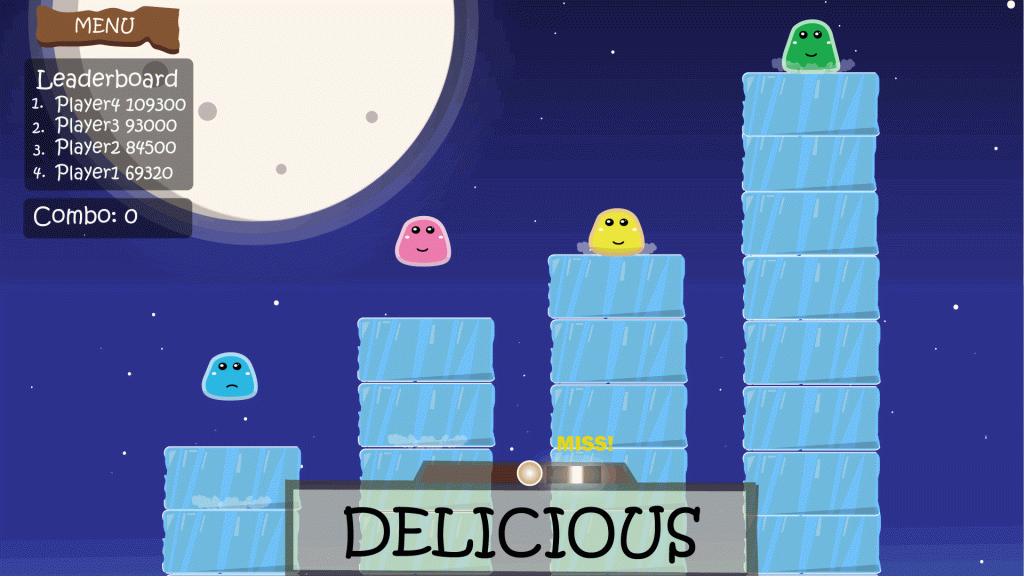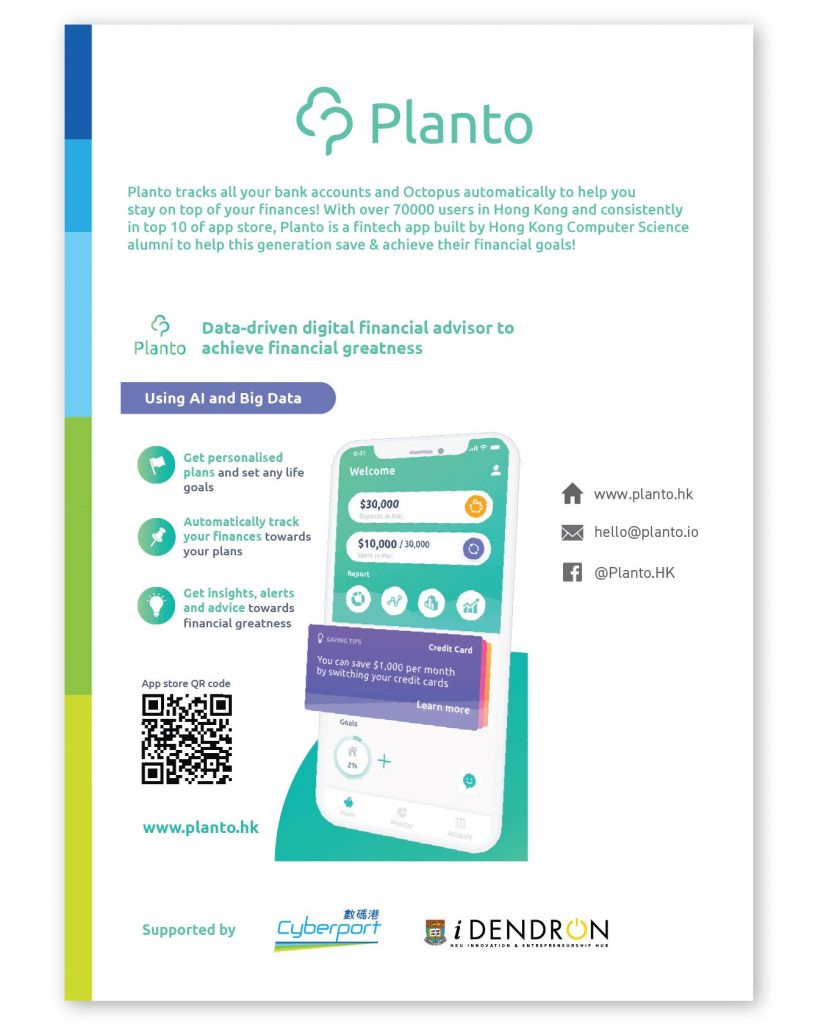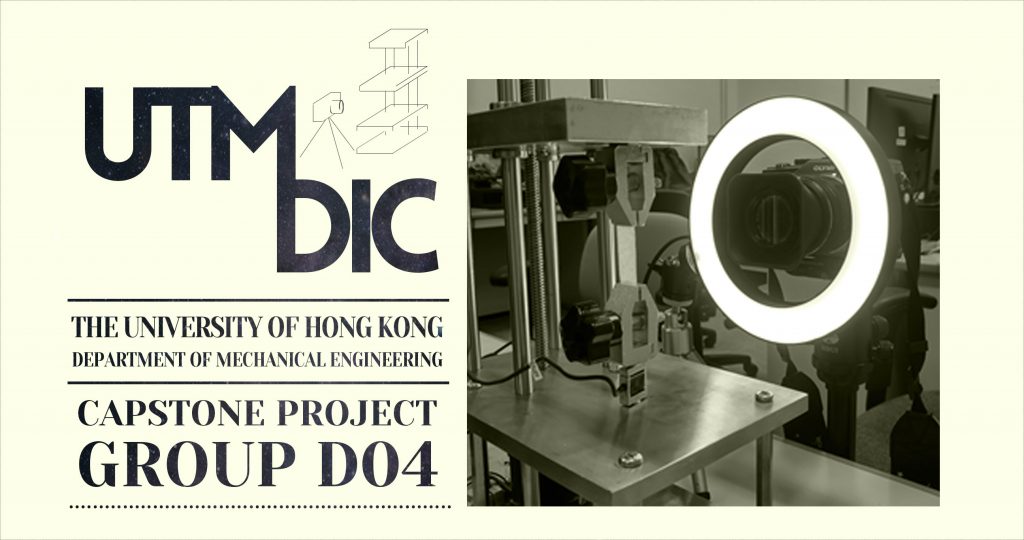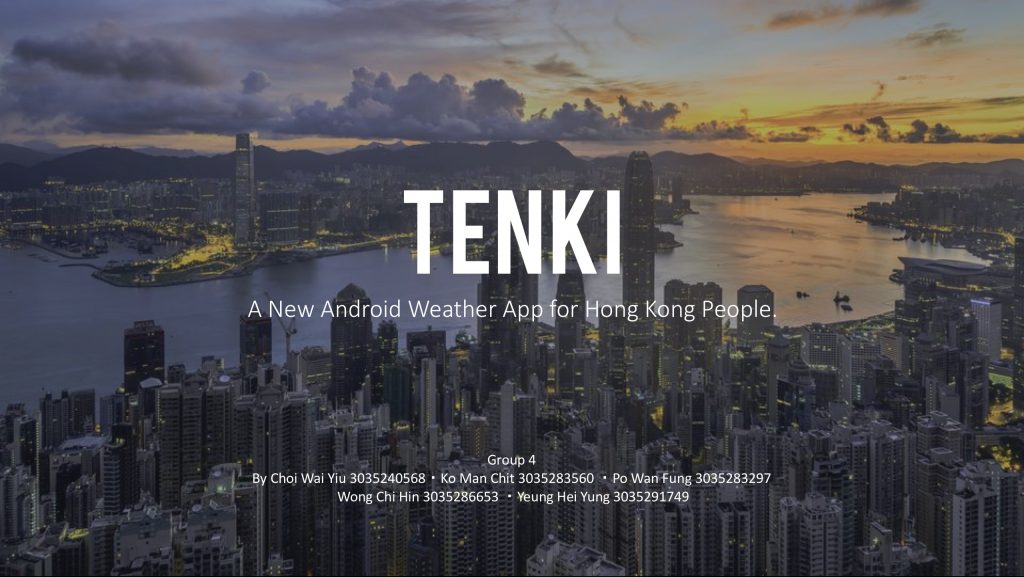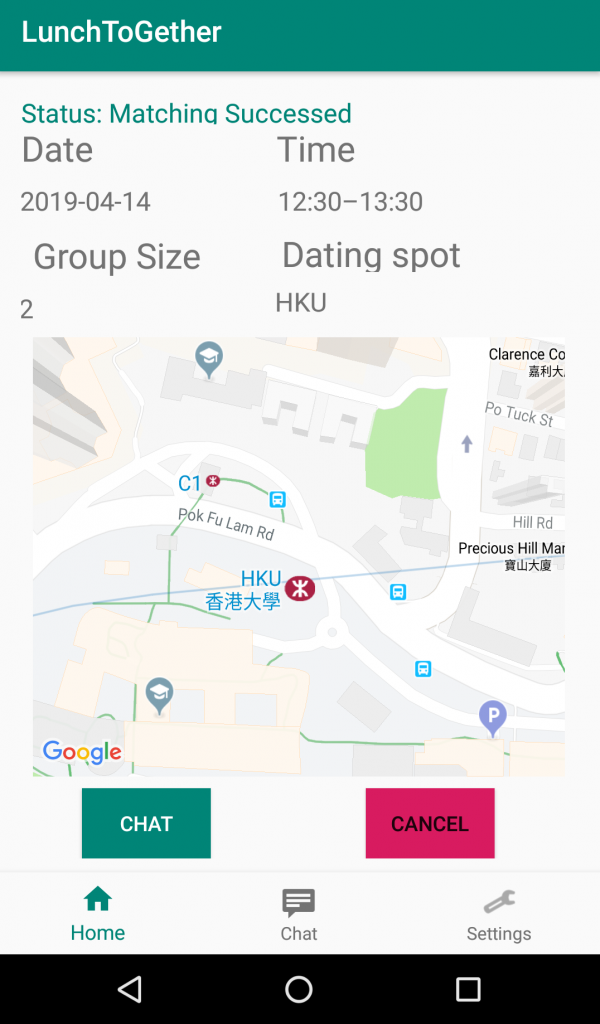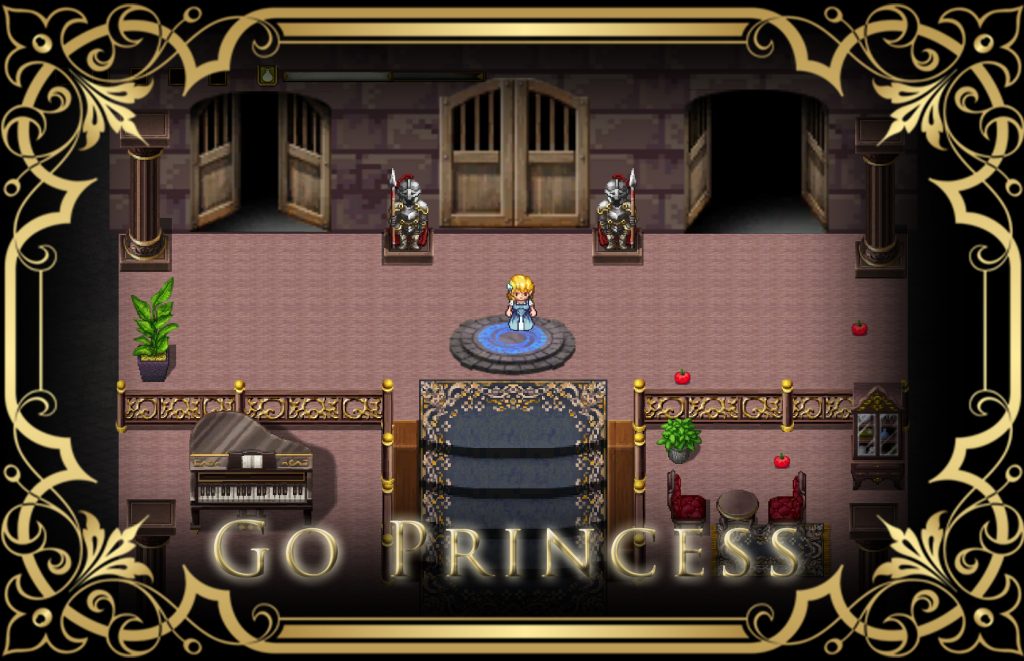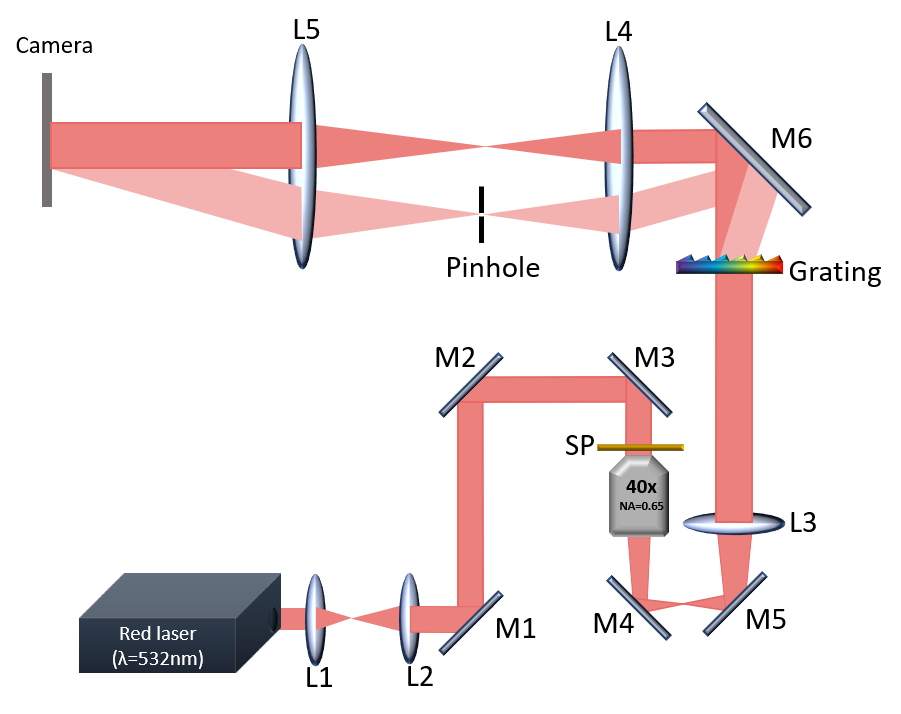Lost slime: a new home
Lost Slime is a Multiplayer-Educational-Rhythm game that runs on your web browser, written in javascript with Node.js, Express.js and Socket.IO. It is designed to be lightweight and responsive to run on any PC.
Find Slimies new houses! Players compete to stack the tallest pillar to gain a high ground — which helps Slimies in spotting new locations for housing. To stack a pillar block, players time their space-bars along with the music beats. There are also phrases or sentences intertwined, that players have to input correctly before pressing space-bar. With these two objectives carried out, Slimies can then jump on the newly stacked pillar block!
What’s more, there are two additional single-player modes, where players strive for stacking the tallest pillar in High-score Mode, as well as surviving as long as possible, in Survival Mode, before the camera catches up!
We set out in making the game casually improve players’ typing proficiency. It could be cheerful-lighthearted, or mechanically intensive. We have designed an additional beat-mapper program to translate music pieces into custom track information used by the game, in json format. Which means players can create authentic mappings with their favorite music!

